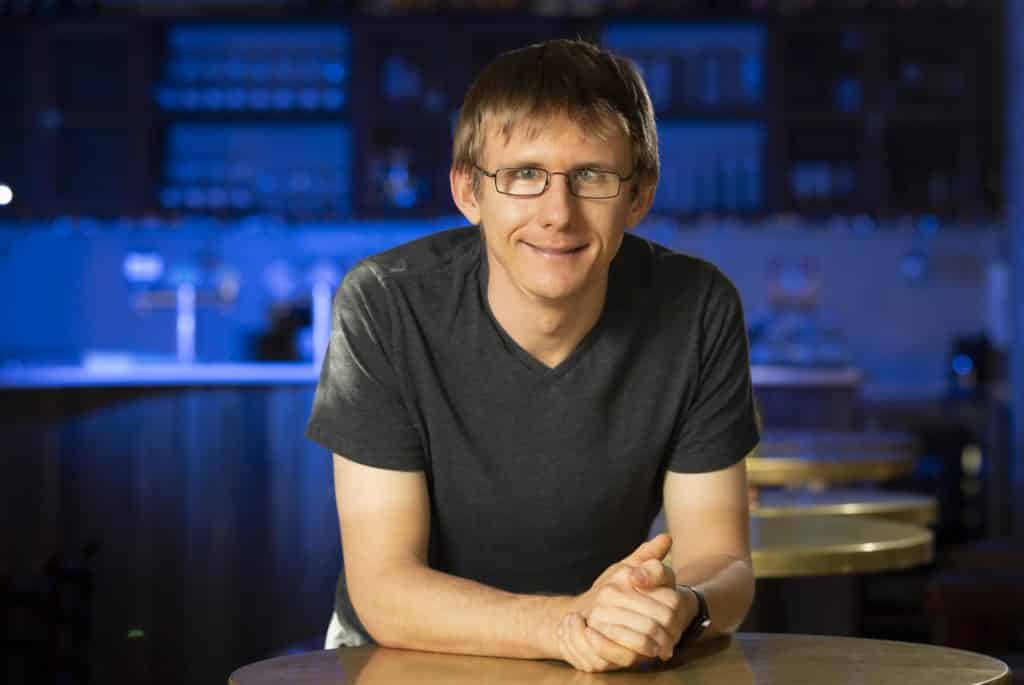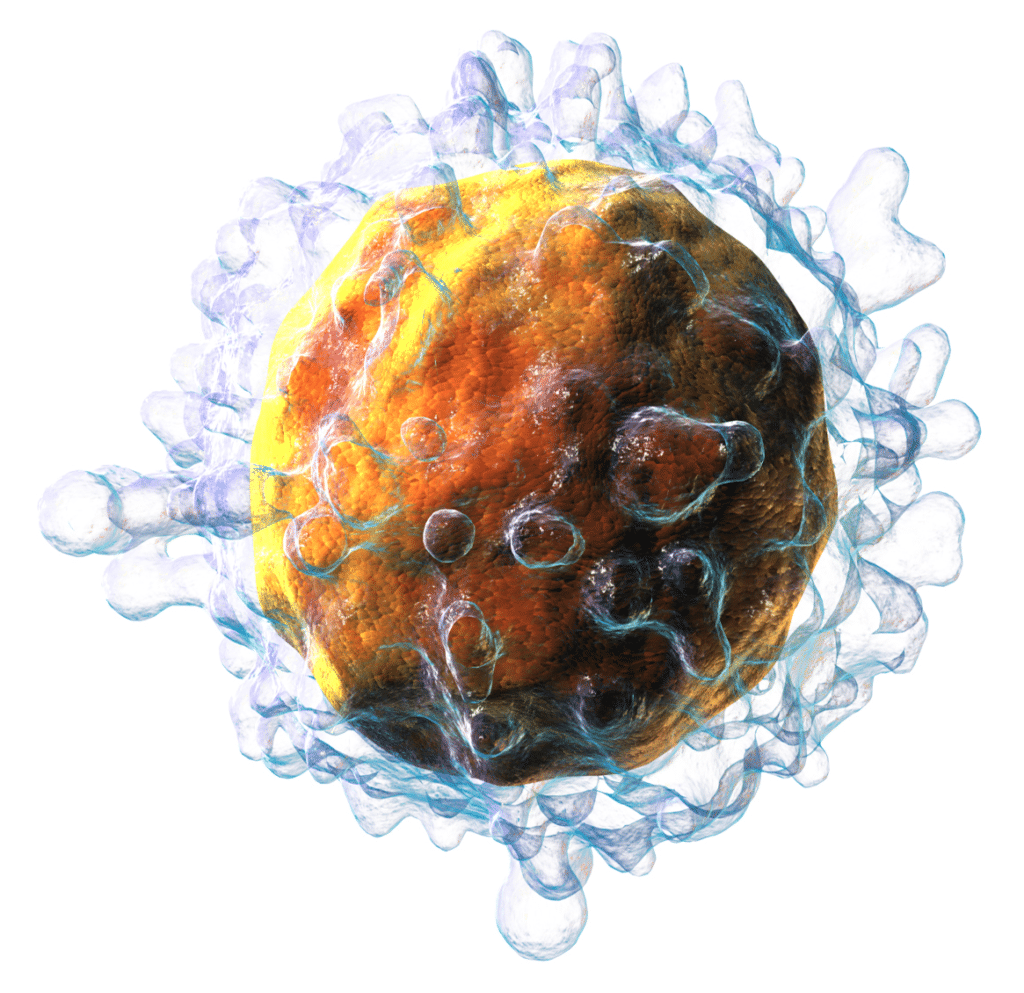Shifting the cancer battleground
A new French-Australian joint cancer laboratory is forging a new way to study cancer by joining experts from different fields including mathematics, cell biology, evolutionary biology, and behavioural ecology.
Cancer is not only a major cause of human death worldwide, but also a disease that affects all multicellular organisms. Despite this, oncology and other biological sciences such as ecology and evolution have developed in relative isolation, according to Dr Beata Ujvari from the Roles of Cancer in Ecology and Evolution International Associated Laboratory at Deakin University.
“We know that there is a clear reciprocal interaction between malignant cells and their hosts, with malignant cells evolving in response to the organism’s defence mechanisms,” Beata says.
“Cancer also directly and indirectly impacts the physiology, immunology and behaviour of organisms. But very little is actually known of the evolutionary impact of these complex relationships. We are changing that with this type of research, which has rarely been explored before,” Beata says.
The goal is to transform the understanding of cancer, its origin, how to halt its progression, and to prevent therapeutic failures. At the same time, the role of cancer in ecosystem functioning is something that ecologists need to consider.
Researchers say that cancer’s impact on ecosystems could be significant. It can influence an individual’s competitive and dispersal abilities, susceptibility to pathogens and vulnerability to predation. In some cases, such as the facial tumour disease that afflicts Tasmanian devils, it can heavily impact a species.
The joint laboratory is a collaboration between: Dr Frederic Thomas of the Centre for Ecological and Evolutionary Cancer Research at the National Scientific Research Centre (CNRS) in France; Deakin University; and the University of Tasmania, Australia. In Australia, the team has partnered with the Tasmanian Government’s Save the Tasmanian Devil Program and Zoos Victoria.
Banner image : Cancer can have a significant impact on species – such as the Tasmanian devil – and even whole ecosystems. Credit: JJ Harrison







